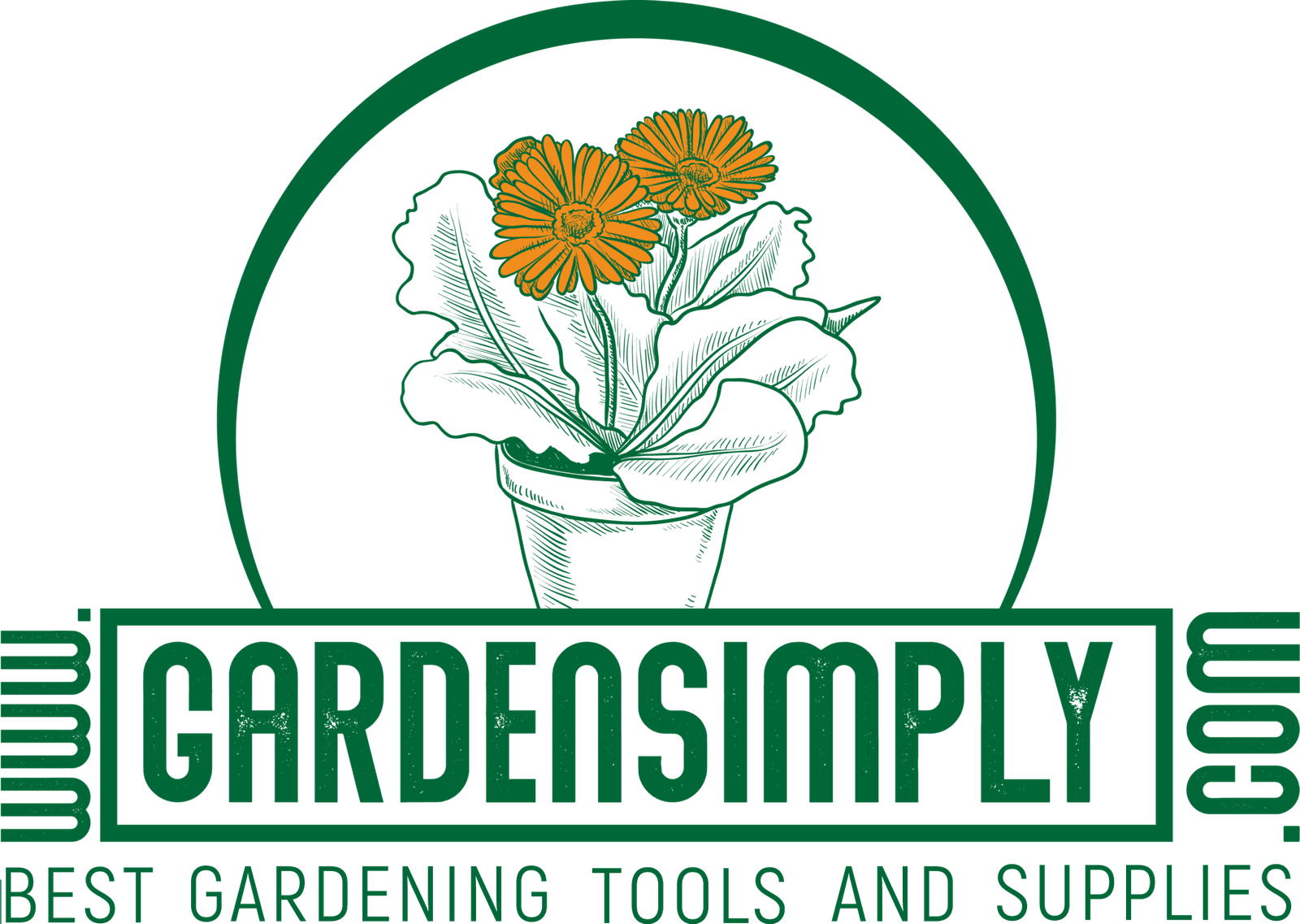4 Natural Methods To Keep Bugs Off While Gardening
Gardening is both a rewarding and worthwhile endeavor. As you allow yourself to connect to the earth by tending to plants, you also experience the joy in witnessing your efforts rewarded as they grow and thrive. It's no surprise that gardening provides a therapeutic space for many enthusiasts. But despite this marvelous experience, bugs can get pesky and affect plants and gardeners alike. This article will explore some natural remedies to keep your gardening bug-free!
4 Natural Ways to Keep Bugs Off While Gardening
It's an irony to tend to nature and use unnatural methods to care for them. But it's a reality. Some people turn to synthetic and harmful methods, so they get faster results in larger quantities. The temptation to be fast, cheap and in-bulk is a struggle for many gardeners, but we'll show you that a natural alternative is the best way to go.
Essential Oils as Insecticide Spray for Plants
Essential oils are popular in aromatherapy, but they can also be used for insecticide sprays. Here are some oils you can use as insecticides:
- Tea tree
- Lavender
- Garlic
- Citronella
- Eucalyptus
- Lemongrass
These essential oils are excellent insect repellents that do not cause harm to the plants and the gardener.
How to Make an Essential Oil Plant Spray
These are the steps to make a plant spray with essential oils:
- Prepare a glass spray bottle.
- Add water inside the spray bottle.
- Add at least ten drops of your chosen essential oil.
- Ensure that you mix the water and oils thoroughly.
- Spray it on the plant as a final step in gardening.
Peppermint as Cotton Ball Insect Repellents
You don't have to stop with sprays when making natural insecticides for your plants. You can also use it on cotton balls and strategically place them around your garden to ward off pests.
- Prepare cotton balls.
- Soak the cotton balls in undiluted peppermint essential oil.
- Place them in strategic places around the garden to prevent pests from eating your vegetables.
These essential oils are excellent insect repellents that do not cause harm to the plants and the gardener.
NOTE: Peppermint essential oil is also an excellent ant, lice, and flea repellent.
How to Use Neem Oil as Plant Spray
Neem oil is not an essential oil. Instead, it is a carrier oil with similar potency. It is used in cosmetics and is a gardener's favorite primarily because of its anti-fungal properties. It is a systemic insecticide which means the compound stays on the leaves and eventually kills or wards off insects that take a bit from it.
- Tea tree
- Lavender
- Garlic
- Citronella
- Eucalyptus
- Lemongrass
How to Use Neem Oil
Unlike essential oils, neem oil usually comes in packaging with dosage instructions.
- Prepare a spray bottle.
- Follow dosage instructions and mix the neem oil with water.
- Mix your spray thoroughly.
NOTE: Neem oil is not harmful to insects that do not feed on its leaves, keeping pollinators like bees and butterflies safe.
Vegetable Oil and Castile Soap as Insecticide
Another natural bug repellent is a mixture of vegetable oil and castile soap. These vegetable-based ingredients act as a coat on the plants when sprayed, so insects feeding on the plant die.
How to Make Vegetable Oil with Castile Soap
- Prepare a bottle.
- Add a cup of vegetable oil and a tablespoon of Castile soap and mix it thoroughly.
- Get two teaspoons of your blend and mix with water in a spray bottle.
- Spray it on the leaves in adequate amounts
The oil then targets the aphids and whiteflies by coating them in oil, blocking them from feeding on the plants.
Conclusion
It is a gardener's responsibility to tend to plants as naturally as possible. Using organic and natural methods is healthy for produce, the environment, and the gardener. It's more than a bargain. It's a transformational lifestyle. Discover more methods on how to keep bugs off here!
